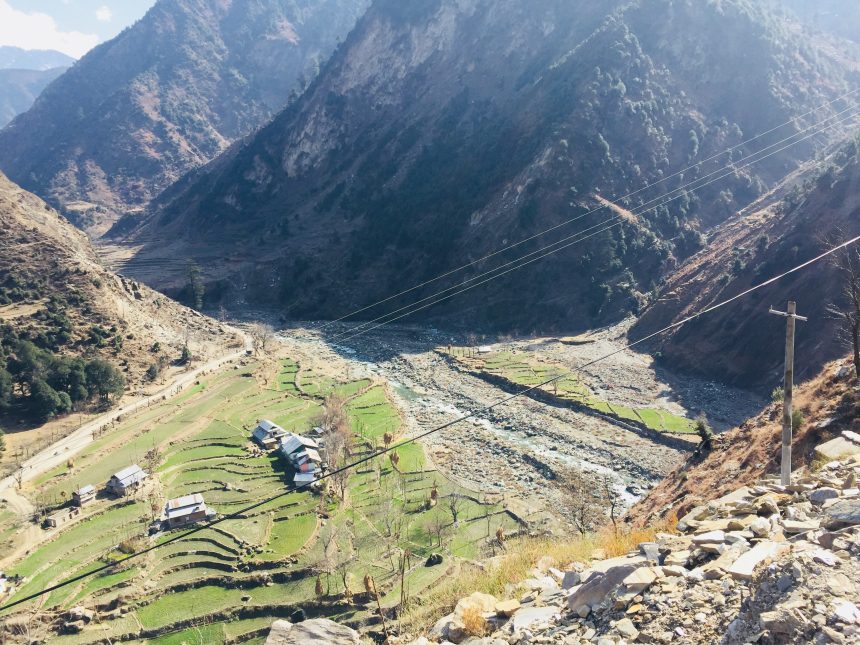Deadly Pahalgam Attack Sparks Renewed Hostilities
On April 22, 2025, a brutal terrorist attack in Pahalgam, Indian-administered Kashmir, resulted in the deaths of 26 civilians, including 25 Indian nationals and one Nepalese tourist. The Resistance Front (TRF), believed to be linked to the Pakistan-based group Lashkar-e-Taiba, claimed responsibility for the assault. Eyewitnesses reported that the assailants targeted non-Muslim tourists, demanding they recite Islamic verses or checking for circumcision to identify their religion before opening fire.
Cross-Border Skirmishes Erupt Along the Line of Control
In the wake of the Pahalgam attack, Indian and Pakistani troops have exchanged gunfire across the Line of Control (LoC) in Kashmir for several consecutive nights. While no casualties have been reported, these skirmishes mark a significant escalation in tensions between the two nuclear-armed neighbors.
The Indian military reported that Pakistani forces initiated “unprovoked small arms firing” across various sectors along the LoC, prompting Indian troops to respond “appropriately with small arms fire.”
Diplomatic Relations Deteriorate Further
The Pahalgam attack has led to a rapid decline in diplomatic relations between India and Pakistan. India has expelled Pakistani diplomats, suspended visas for Pakistani nationals, closed its borders, and withdrawn from the Indus Waters Treaty—a key water-sharing agreement between the two countries.
In response, Pakistan has denied involvement in the attack, suspended the Simla Agreement, closed its airspace to Indian flights, and halted trade with India. Pakistan has also warned that any interference with its water rights under the Indus Waters Treaty would be considered an act of war.
International Community Calls for Restraint
The United Nations and various countries have called for both India and Pakistan to exercise maximum restraint and resolve their differences through dialogue. The U.S. State Department has issued a Level 4 “Do Not Travel” advisory for Jammu and Kashmir, citing high risks of terrorism and civil unrest.
Conclusion: A Fragile Peace at Riskwashingtonpost.com
The recent exchange of fire along the Kashmir border underscores the fragility of peace between India and Pakistan. With both countries taking aggressive stances, the international community watches with concern, urging de-escalation to prevent further conflict in the region.











